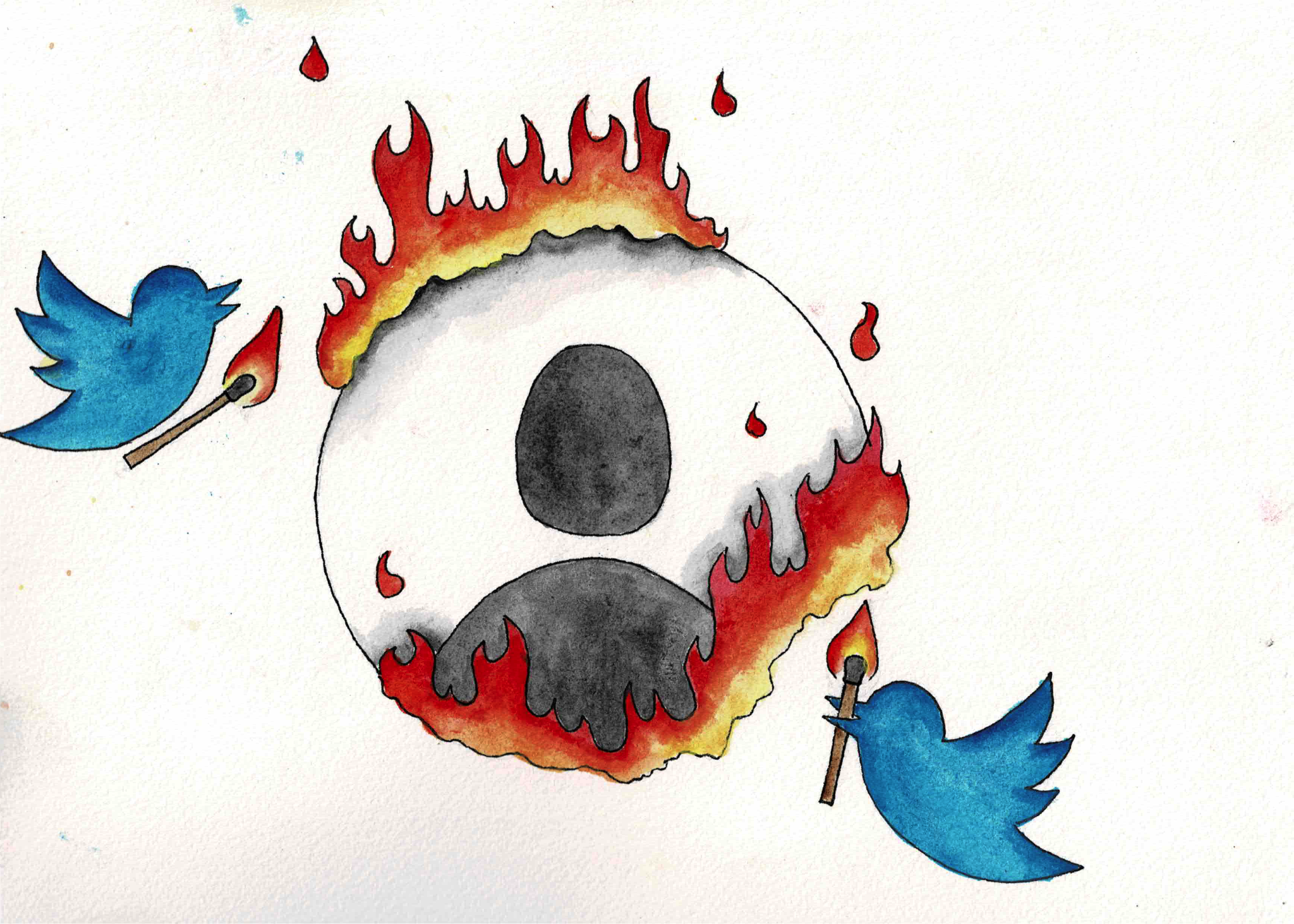If you’ve been around on the internet for the past few months, you’ve probably heard the phrase “cancel culture” — the left embraces it as a way for the unempowered to create social change against the powerful, while many on the right say it’s an excuse for sensitivity by the left. While the ability to cancel someone is an important aspect of social change, it’s important to not overreact to accusations against an individual, because false accusations can lead to unfair consequences. Additionally, if the individual is found guilty, it’s important to use constructive feedback to make real change, so one can learn from their mistakes.
While the term “cancel culture” was popularized in early 2020, it originates from the “canceling” of a show or movie, due to comments by the host. For example, the comedy show Politically Incorrect was canceled in 2002 after its host, Bill Mailer, was alienated by advertisers and ABC executives due to controversial jokes about 9/11. In recent years, “to cancel” is more commonly associated with social media — especially Twitter — where a large group of people call for the admonishment of a popular internet figure. While this is a powerful way for the public to call for social change, cancel culture has great potential to cause harm to those in the spotlight.
An issue with cancel culture is that it removes the right to a fair trial. In the United States, the Sixth Amendment guarantees the right to a fair trial, where the defendant is considered innocent until proven guilty. However, when someone is canceled, they don’t get a trial or the time to explain themselves. This can lead to false convictions, where a public figure loses a job because of mass public opinion. Take David Shor as an example. Shor, a data analyst for Civis Analytics — a progressive consulting firm — responded to a paper on how non-violent protests are historically more effective than violent ones on Twitter by simply stating the data given in the paper. The tweet — which was posted during the Black Lives Matter protests during the summer of 2020 — gained traction and was eventually picked up by numerous activists, including Benjamin Dixon. Dixon argued that Shor was “concern trolling for the purposes of increasing democratic turnout.”
After many demanded Shor lose his job, he was fired by the white-majority staff of Civis Analytics. Shor is Black. When The Atlantic asked Civis Analytics if Shor was fired because of the tweet, Civis denied that Shor’s firing had any connection to the tweet. In an original statement to The Atlantic, the company stated “We have not, nor would we ever, terminate employees for tweeting academic papers. These rumors are incorrect and unsubstantiated." However, they soon released a second version of the above statement, with that first sentence redacted.
Another issue with cancel culture is the way feedback is received. Because of the “mob mentality” of social media, canceling someone often turns into users hurling insults and death threats towards an individual, without leaving any constructive feedback about how they can improve in the future. This does not help create social change, instead turning a positive action into an excuse to incite violence online. If someone is truly interested in improving the world, they will accept that people make mistakes and attempt to move past the situation in a way where the people involved can grow from the experience. This also greatly decreases the chances that the same person will repeat their mistake.
So what’s the solution? Obviously, it’s not to stop criticizing people for mistakes they make, but to change how we criticize people in the first place. Feedback is valuable, because it helps the person grow and learn from their mistakes, instead of just berating them with negative comments. Incorporating constructive criticism and being open to growth will greatly decrease the chances that someone is harmed by cancel culture and increase the chances that it turns into a learning experience. As for the right to a fair trial, the best solution is to do your research — if you see a person is accused of something, wait for solid evidence before making up your mind. There’s never a reason to jump to conclusions, especially when someone’s life is on the line.





